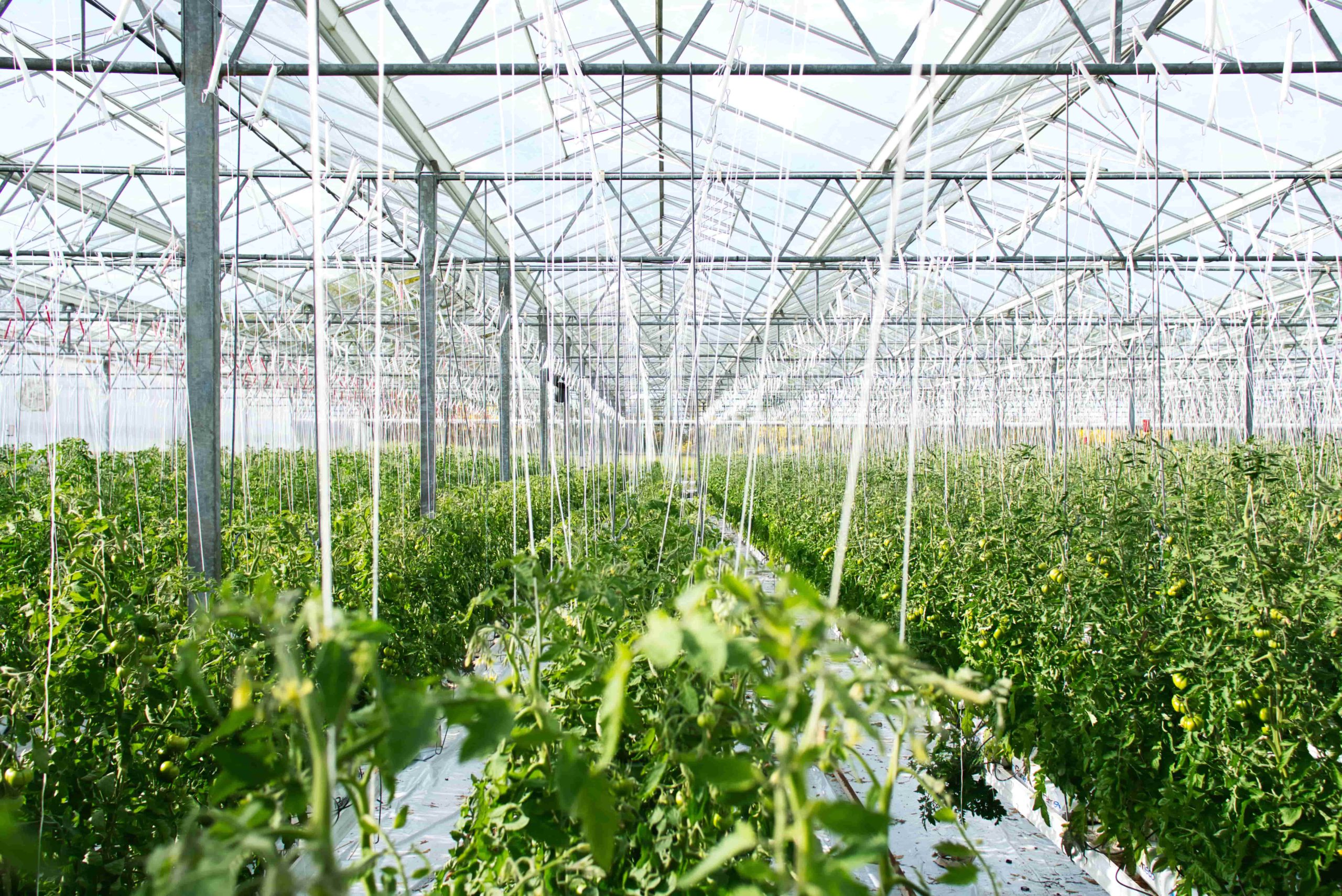Precision is paramount in the realm of agriculture, especially when it comes to harvesting tuber crops like potatoes and sweet potatoes. These edible starch crops are well-suited to growing underground in a variety of climates and conditions, making them a stable source of food in many parts of the world. However, they are delicate and typically vary in size and shape, making them susceptible to damage during the harvesting process.
Agricultural machinery, with a history spanning over a century, has seen a surge in adoption in countries with a sizable agriculture industry, including China. As part of its 14th Five-Year Plan, the country is making a concerted effort to mechanize at least 75% of its crop cultivation and harvesting processes by 2025.
However, this mechanization process is complicated by the fragmented nature of agriculture, with agricultural processes mechanized to varying levels depending on the crop and stage. While wheat cultivation and harvesting processes have made significant strides with a mechanization rate of 97%, tuber crops lag behind due to the lack of precision in existing machinery. This imprecision can damage over 15% of tuber crops harvested, prompting farmers to manage the process using manual labor instead.
Traditional agricultural machinery utilizes mechanical and hydraulic systems, resulting in poor precision and response times. BNHTEK, a company specializing in agricultural machinery, has developed a solution by integrating an electric control solution used in the industrial robotics field with existing hydraulic systems to overcome their shortcomings.
This approach has yielded noteworthy results, reducing the average crop damage rate to less than 1% and improving harvesting efficiency by over 50%. The machines developed by BNHTEK can also perform intelligent fault handling, significantly reducing maintenance and repair workload.
BNHTEK employs modular technology. The system modules encompass a mechanical-hydraulic composite power module, damage-free conveying module, intelligent sorting module, and automated packaging module. Users can assemble these modules according to their specific agricultural machinery and harvesting requirements, without the need for altering the chassis structure. This approach not only offers differentiation but also reduces manufacturing costs while supporting quick disassembly and repair, enhancing maintenance convenience.
According to Ling Yulong, founder of BNHTEK, 80–90% of components provided by BNHTEK are standard modules that can be flexibly adapted for different scenarios.
Given the relatively uniform climate and soil conditions required for tuber crop agriculture, BNHTEK’s focus on developing a universal harvester is strategic. The company’s proprietary algorithms integrate multiple systems and sensors to extract accurate data. On the software front, the company has developed an operating system that supports hardware modular design, enabling seamless integration of hardware and software, facilitating applications for diverse scenarios.
BNHTEK is the brainchild of co-founders Ling and Gao Xin, who both previously worked on agricultural machinery projects at DJI. The company has recently completed a multimillion-dollar angel round, raising funds from several investors. This angel round follows a seed funding round backed by Grains Valley Venture Capital and MiraclePlus. Having secured orders from agriculture-focused biotechnology companies, the funds raised in the latest financing round are slated to be used by BNHTEK to expand its team and drive product development.
KrASIA Connection features translated and adapted content that was originally published by 36Kr. This article was written by Yuan Silai for 36Kr.

